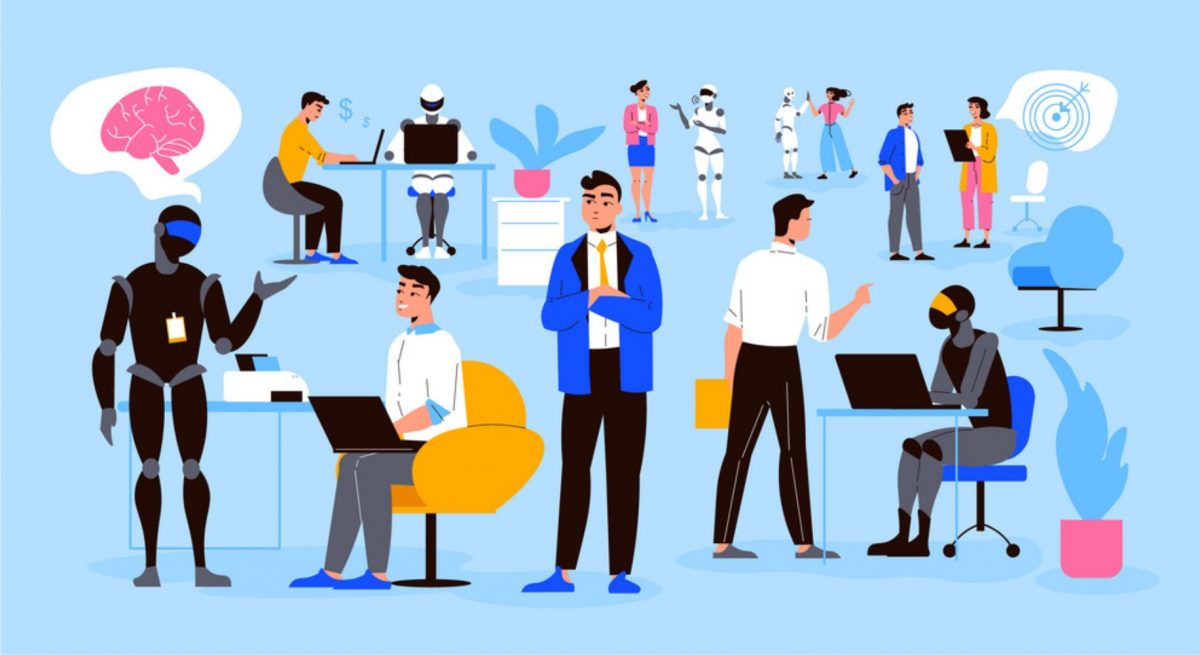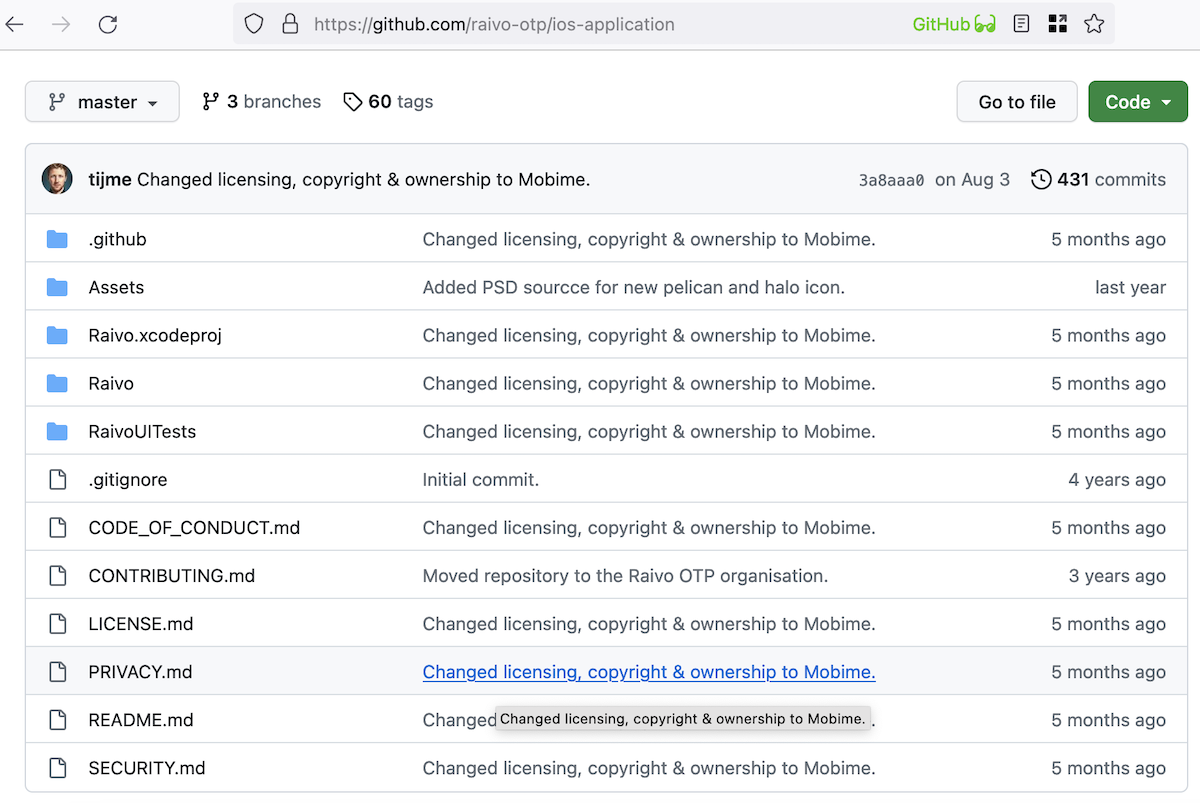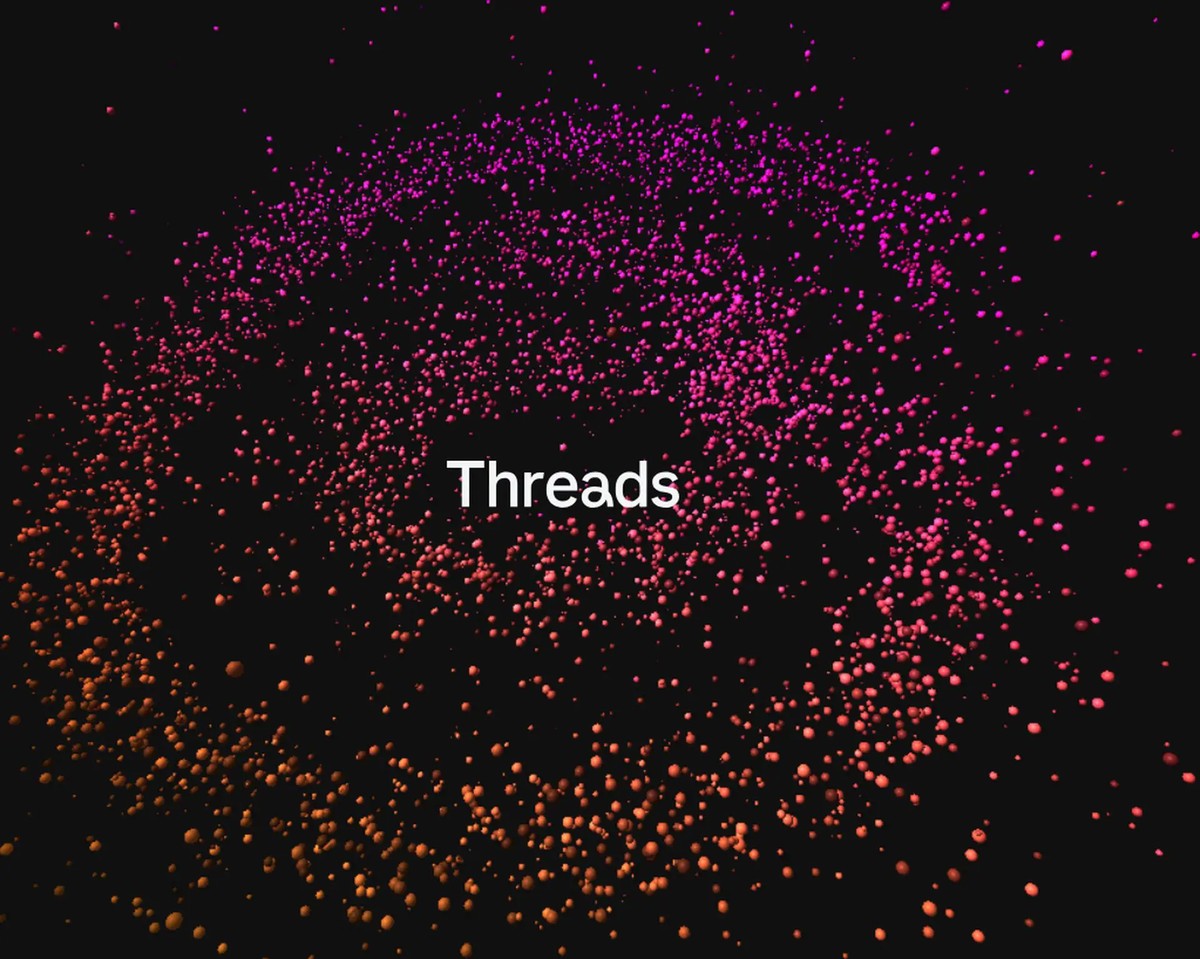New study finds 80% of US workforce could be impacted by advanced chatbots

According to a recent research paper published by OpenAI and the University of Pennsylvania, the emergence of highly advanced chatbots such as ChatGPT may significantly affect a large number of jobs. The study suggests that up to 80 percent of the US workforce could see up to 10 percent of their work tasks impacted by the use of ChatGPT. Moreover, nearly 19 percent of workers may experience a 50 percent impact on their job duties due to the introduction of General-purpose technologies (GPTs). The study also reveals that while higher-income jobs are expected to have a greater exposure to GPTs, almost all industries will be affected by this trend.
The research paper in question explores the potential impact of AI on work tasks, without differentiating between whether AI would augment or replace human labor. In the study, the term "exposure" refers to the degree to which access to a GPT or a GPT-powered system would decrease the time required for a human to complete a work task by 50 percent or more. However, the researchers emphasized that exposure does not necessarily imply that GPT would fully automate the task, but rather that the technology could significantly reduce the time required for workers to complete a significant portion of their duties.
Related: Making AI safe and reliable.

As per the study, certain occupations such as mathematicians, interpreters, accountants, legal secretaries, writers, and authors have a high level of exposure to GPTs. On the other hand, lower-paying jobs like rail maintenance workers, cooks, mechanics, floor-layers, meat-packers, and stonemasons have no exposure to GPTs.
Pamela Mishkin, a researcher at OpenAI, drew attention to the study through a Twitter thread, where she noted that GPTs have significantly improved in their ability to solve complex tasks with minimal examples in recent years. She emphasized that the research paper focuses on this trend rather than any particular model currently available.
Why your job is probably safe
While there is no doubt that AI and other forms of automation are transforming the way we work, there are several reasons why they are unlikely to completely replace human workers. One key factor is the complexity of human tasks, which often require a level of creativity and decision-making that machines are still incapable of. For instance, jobs like nursing, teaching, and social work require a high degree of emotional intelligence and empathy, which are difficult to replicate in AI systems.
Another reason why AI is unlikely to take human jobs is the high cost and difficulty associated with developing and deploying these systems. While advances in technology have made AI more accessible and affordable, creating and maintaining AI systems still requires a significant investment in resources and expertise. This means that companies are likely to only adopt AI solutions for tasks where they provide clear benefits over human workers.
Furthermore, there is also the issue of social and ethical implications. The widespread adoption of AI and automation could lead to widespread unemployment and inequality, which could have far-reaching social and economic consequences. For these reasons, it is likely that AI and human workers will continue to work alongside each other, with AI handling routine tasks and humans focusing on more complex and creative work that requires empathy, intuition, and critical thinking skills.
Advertisement



















